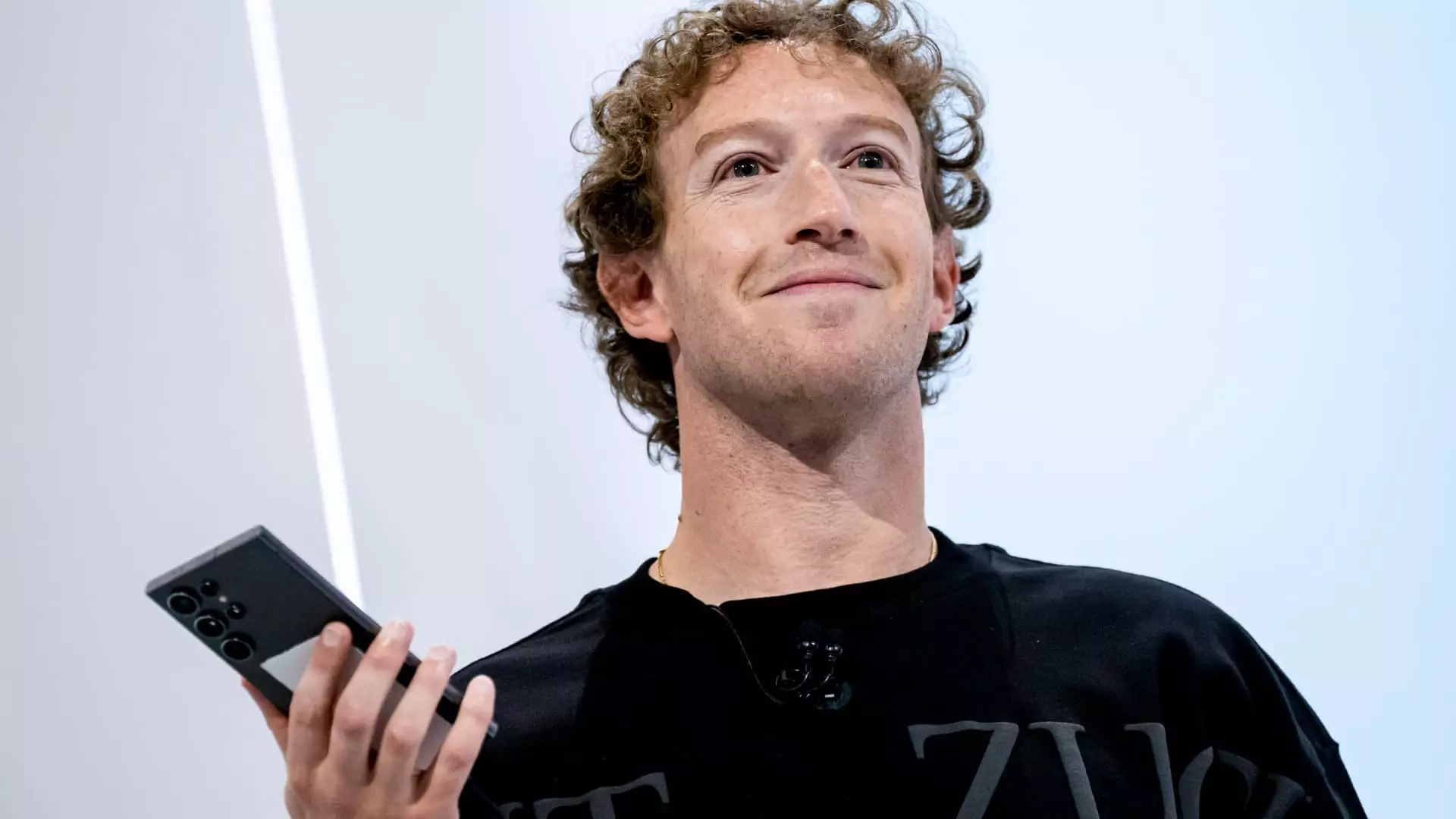In an engaging episode of “The Joe Rogan Experience,” Meta CEO Mark Zuckerberg did not hold back as he addressed the ongoing competition between his company and tech giant Apple. His candid remarks highlighted a dissatisfaction with what he perceives as Apple’s stagnation in innovation, their controversial business practices, and the broader implications for the tech landscape. This article will analyze Zuckerberg’s criticisms of Apple, their impact on the market, and the underlying competition that shapes the technology industry.
Stagnation in Innovation
Zuckerberg pointedly criticized Apple’s perceived lack of groundbreaking innovation since the introduction of the iPhone over two decades ago. While he acknowledged the significant influence of the iPhone in connecting individuals worldwide, he argued that Apple has since become complacent, merely resting on the laurels of its iconic product rather than pushing the boundaries of technological advancement. This perspective invites speculation about the defining characteristics of innovation within major tech companies. Are they truly innovating, or merely iterating?
When founding products like the iPhone, Steve Jobs set a standard for relentless innovation that has arguably not been met by the company in recent years. Zuckerberg’s observation that consumer upgrade cycles are elongating reflects a troubling trend for Apple investors and stakeholders. If consumers are hesitant to upgrade due to minor improvements, it raises questions about the sustainability of Apple’s business model. As the industry continues to evolve, it is clear that consumers are increasingly discerning about value and functionality in their devices.
A significant point of contention for Zuckerberg was Apple’s controversial 30% “tax” imposed on app developers through the App Store. This practice not only generates substantial revenue for Apple but creates challenges for smaller developers, who often struggle to maintain profitability under such constraints. Zuckerberg’s comment that Apple is “squeezing people” effectively encapsulates the frustration felt by many within the tech ecosystem.
This issue extends beyond just app developers; it reverberates throughout the entire consumer landscape. Consumers ultimately bear the brunt of these policies through higher prices and fewer choices. Zuckerberg articulated a common sentiment in the tech community: that Apple’s monopolistic tendencies undermine innovation across the board. If developers are restricted in what they can offer due to exorbitant fees and restrictive rules, the potential for groundbreaking services and applications diminishes.
Privacy: An Excuse for Control?
A particularly intriguing part of the discussion revolved around Apple’s defense of its strict ecosystem, which it claims is rooted in a commitment to user privacy and security. Zuckerberg challenged this stance, suggesting that these reasons serve as a facade for Apple’s desire to control the connectivity within its ecosystem. He argued that with improved protocols and security measures, Apple could facilitate a more inclusive environment for developers and potentially foster innovation rather than stifle it.
This tension between security and accessibility is a critical topic in the tech industry today. Consumers are rightfully concerned about privacy, but this concern should not come at the expense of competition and creativity. By holding a gatekeeper role over its platform, Apple potentially places itself above other innovators, limiting avenues through which new technologies can emerge.
Lastly, Zuckerberg did not shy away from critiquing Apple’s foray into the augmented reality space with the Vision Pro headset. Described as one of Apple’s boldest innovations in recent years, the mixed reaction from consumers and critics alike raises questions about its market viability. Zuckerberg’s observation that the initial model “did not hit it out of the park” reflects a realistic appraisal of its reception but also tentatively acknowledges Apple’s efforts to step into new territories.
Interestingly, Zuckerberg highlighted that while the Vision Pro is positioned as an experience for watching movies, the true potential of virtual and augmented reality goes far beyond such limited applications. This statement could arguably serve as a call to action—both for Apple and for the tech industry at large—to reconsider how these immersive technologies can be developed and deployed for more transformative user experiences.
Zuckerberg’s critiques of Apple encapsulate a broader conversation about innovation pace, market practices, and consumer impact within the tech sphere. As competition intensifies, it will be vital for all tech companies, including Apple, to reassess their commitment to innovation while nurturing a healthy ecosystem for developers and users alike. If companies do not heed these warnings, they may find themselves left behind in an increasingly dynamic digital marketplace. Ultimately, the conversation initiated by Zuckerberg is not just about rivalry; it reflects a need for the entire industry to evolve and innovate for the betterment of consumers.

